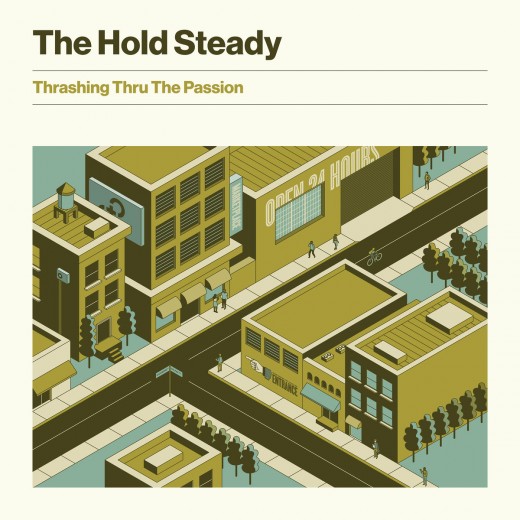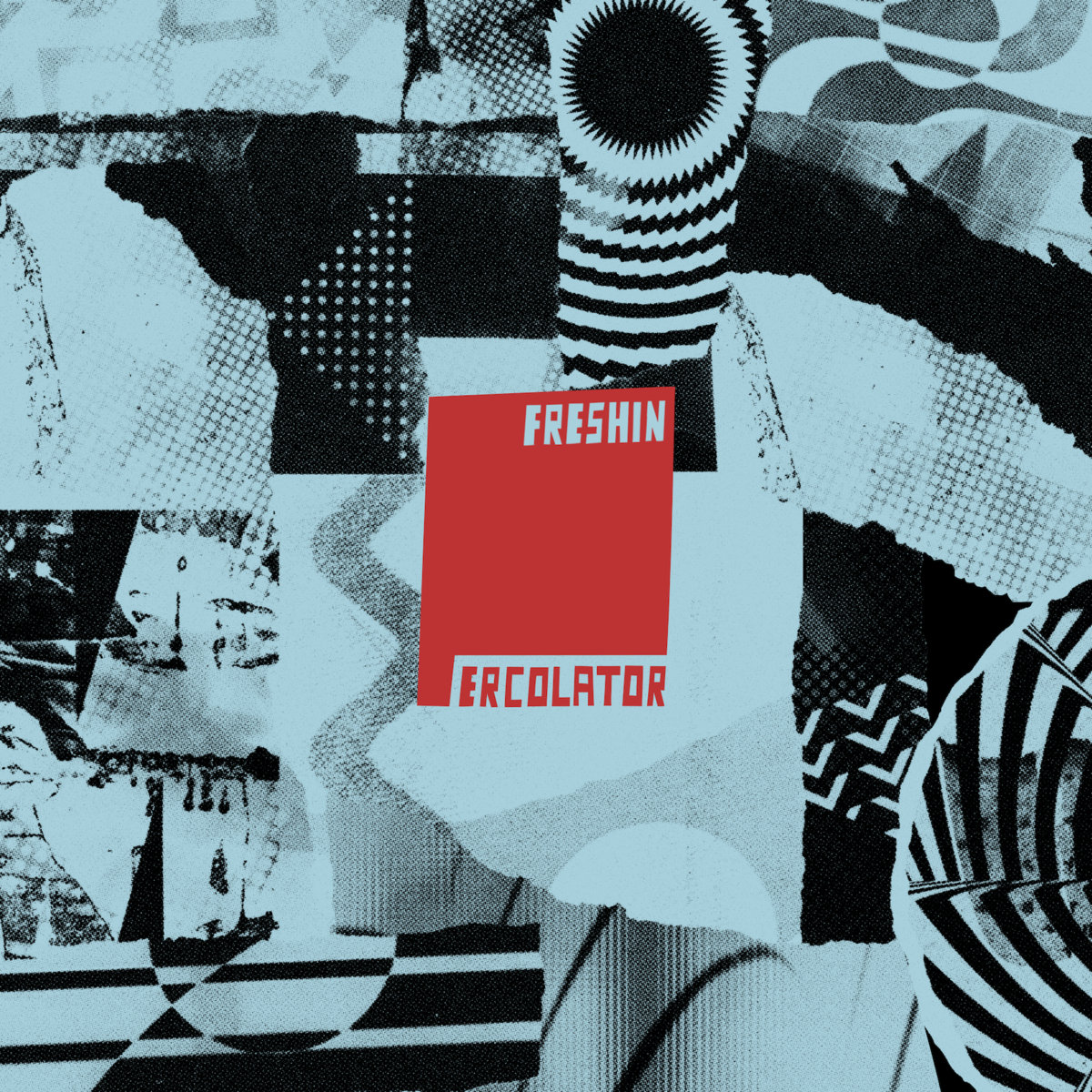Back at the turn of the decade, The Hold Steady were on the top of their game. The self-described “best bar band in the world” had four phenomenal LPs under their belt and were poised to carve out their own niche and achieve the same level of devotion of someone like Bruce Springsteen. Their sound was a fusion of classic arena rock, mid ‘80s hardcore and hip-hop inflected beat poetry about drugs, drunks, and Christianity in Minneapolis. Everything was vital and taut and elevated to these wonderful theatrical heights by off-kilter time signatures, unconventional structures and a veritable hodgepodge of instruments. During this time, the band’s less-than-secret weapon was multi-instrumentalist Franz Nicolay. The man is adept at a variety of instruments and knew exactly how to take some great rock songs and raise them up. So when he left in 2010, the band lost its direction and fluttered around with two mediocre outings that were, ostensibly, from The Hold Steady, but had no real identity. So when the news broke that Nicolay would be returning to the fold, there seemed to be a real cause for excitement. Hopefully, with the moustachioed troubadour behind the keys, that magic might be recaptured. Enter Thrashing Thru The Passion.
To be blunt, the album is a disappointment. You can squint at it and tell yourself that it was worth the wait and that, while things aren’t as good as they were a decade ago, they’re still good. But the longer you leave it, the less it lingers. This is exactly what you’d expect as a follow up to their 2014 album, Teeth Dreams. It’s fine. Run of the mill. Ordinary. It won’t change your life, but if you’re a fan of the group it’ll give you a bit of a hit that’ll just about sate you.
On the positive, it is exactly what you’d expect. Craig Finn’s sprechgesang vocals remain at front and centre, telling stories of junkies and dropouts and other unseemly characters struggling to get by. His empathy, which has always been a strength, is still present and helps to step over the clunkier moments on songs like ‘Blackout Sam’. A real mark to his progression as an artist is the transition in his stories from youthful parties and massive nights to much more sinister and uncomfortable locales and vibes. These characters are entering their second and third decades of scraping by on the edge and it shows. There’s a genuine fear at the heart of ‘The Stove & The Toaster’ as we listen to the protagonist awkwardly brush off his partner’s questions. It’s nice to see that Finn his progressing in a way that is both reasonable for his age while being thematically satisfying. It doesn’t always land, as ‘Denver Haircut’s’ weird Metallica references prove, but it holds up for the most part.
Where the album fails, though, is in the music itself. A question needs to be posed and it may be unfair, but it’s necessary: what is Steve Selvidge doing here? Selvidge was brought in for Teeth Dreams on guitar to help beef up the band’s repertoire in the absence of Nicolay. With him in the band, you now have three guitarists, which raises a large red flag. The number of bands who benefit from the introduction of a third guitarist into the mix is pretty slight. The likes of Radiohead, Funkadelic, and CSNY would get away it. But in each of those bands, the role of each guitar is very clearly defined and justifies itself. Selvidge’s work doesn’t stand out. He mostly follows the tracks laid down by Tad Kubler’s lead, a role that’s filled, to a degree, by the bassist. So what’s the point of him being here? Invest in overdubs and a sequencer in his place.
Additionally, by having to manage another set of six strings, the mix gets overstuffed very quickly. On a reasonably high end set of headphones, this record doesn’t sound good. There’s no nuance or subtly in it as once it finds a tempo and vibe, it does not evolve or change in the slightest. The drums are buried so deep beneath so many layers of guitar that for the work of Bobby Drake boils down to a slightly fuzzy metronome. That’s nothing compared to the disservice done to Franz’s contributions. All the magic and dynamism that his parts would’ve added is sucked out and what remains is left to pick up the scraps and hold on for dear life. Listen to how flat and lifeless the horns on ‘Traditional Village’ and ‘Confusion In The Marketplace’ are. As those horns listlessly float along, you can practically hear the joy seep out into the ether.
There is a question you can’t shake throughout the entire runtime: Why are we here? There’s little passion or fun anymore. Everything is twinged with this unmistakable layer of lethargy and laziness. The collection is ten tracks long, and the majority of them have been released as singles over the last two years. In the five years since the group’s last effort, they can barely muster the enthusiasm to squeeze out more than ten cuts of pretty by numbers rock and roll. At a time, there was a real drama in their songs. If you take the bridge of ‘Chips Ahoy’, which contrasts wild piano fills with powerful stop-start rhythm, it’s the moment you’d gesture wildly towards and yell “That is The Hold Steady”. But there’s none of that here. The only thing that comes close is the bridge on ‘T-Shirt Tux’, which attempts the same trick but falls on its face because there’s no space to breathe in the mix. The tension and dynamic shifts are gone, the beautiful tango between lilting piano and power chord throwdowns are whispers of the past. The only thing of any note that remains are the words: stories of people whose glory days are behind them, trapped in some uncomfortable situations and unable to pull themselves out. Will Murphy






